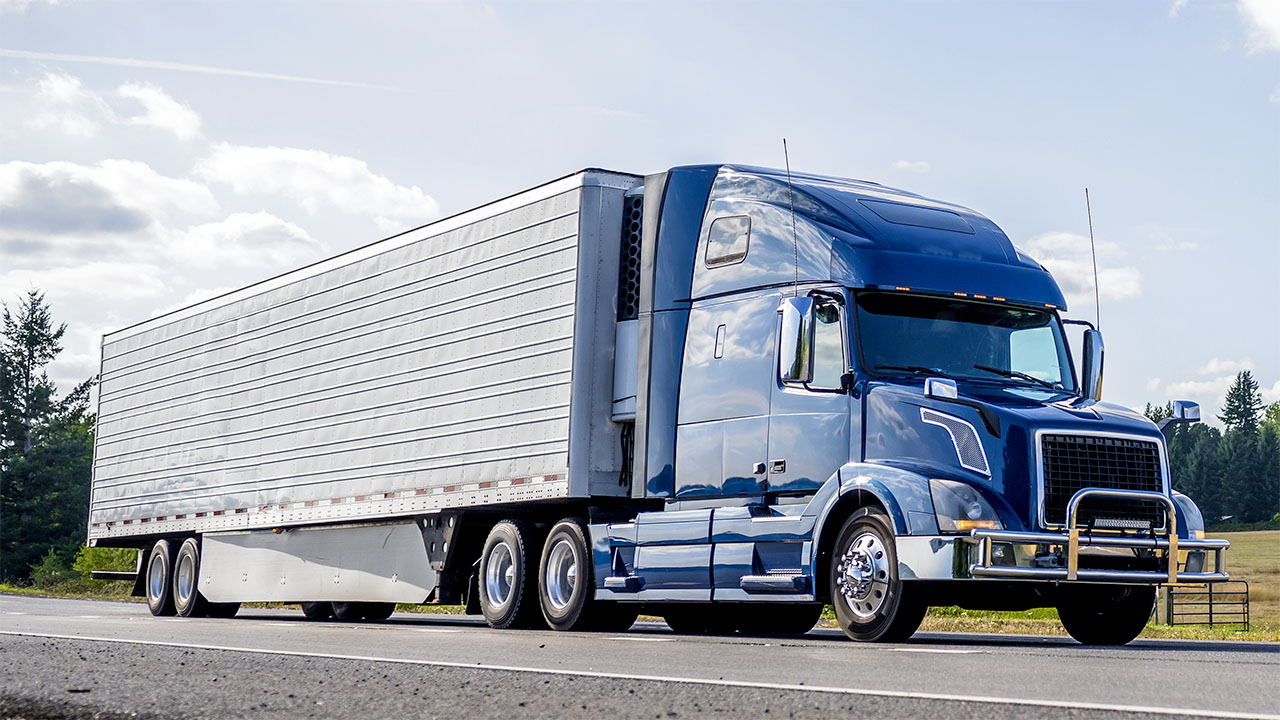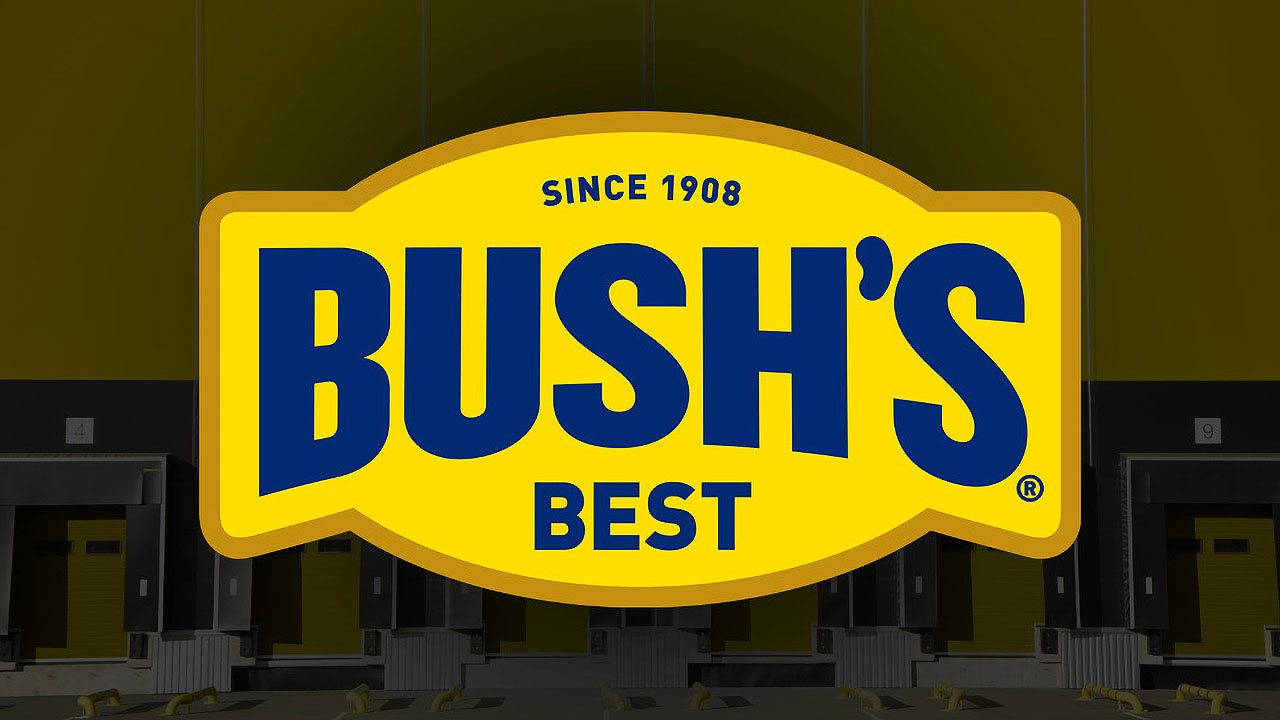The solutions described in this case study were provided by Coyote Logistics prior to their acquisition by RXO, Inc., and the teams responsible for designing and executing them are now part of RXO.
Our relationship is symbiotic. They add value to our business by eliminating empty miles and adding additional revenue, and we add value to them and their customers’ businesses by moving their freight. It’s a really clean and simple process.”
– Manager of Transportation Systems for a major American brewing company
Quick Shipper Facts
- Established major brewing company
- Operates a dozen facilities nationwide
- A strong company commitment to sustainability
Challenges & Results
Their Challenge:
A large brewing company utilizes five unique fleet partners across their nationwide freight network and brewery operation. They require the control and consistency of dedicated fleet solutions to manage their outbound freight, but drivers often have to return empty, adding inefficiency to a cost-intensive capacity solution.
Results With Us:
By working with us, this brewer was able to source consistent backhaul opportunities that filled 900,000 empty miles in one year alone to offset their fleet costs with additional revenue.
Optimizing Their Backhaul Network
In this shipper’s network, each dedicated fleet has its own unique service territory and regional network. They all consistently service outbound beer routes and deliveries to distributors along the same lanes. Additionally, each one has specific operational requirements in order to take advantage of opportunities on the backhaul side.
With our help, the brewer tapped into the thousands of daily loads other shippers move with us and our expertise at loading fleets to find those backhaul opportunities. They key was identifying backhaul business that makes sense both operationally and financially for this customer. Our efforts have improved the customer’s operating efficiency and fleet utilization, both of which impact their bottom-line profitability.
We help this brewing powerhouse fill empty miles in two key ways:
1. Identifying Individual Loads
We assigned a specific fleet solutions expert to build and own the relationship with each of the dedicated fleets that service this customer. Each individual fleet seller works independently to seek out and identify matches within our freight network that would help mitigate their specific fleet’s empty miles.
The opportune time to capture these opportunities is 24-72 hours in advance when the outbound route gets scheduled to leave the brewery. Each fleet sales rep is responsible for communicating with the customer and the corresponding fleet in advance to confirm capacity, negotiate pricing and organize scheduling for the backhaul in order to successfully tender out and move that load.
2. Thinking Long-Term
In addition to one-off opportunities, we also reverse engineer the customer’s fleet network to identify high volume inbound opportunities to round trip the fleet. We present these larger scale and longer term opportunities to the Manager of Transportation Systems, who champions the backhaul program on the customer side. He vets the opportunity, confirms capacity and communicates with the brewery and the fleets to service the freight and scale the program.
If they can manage the additional third-party business, their fleet begins hauling loads for us to complete the round trip route. To set everyone up for long term success, we typically plan a few test runs to ensure the lane operates as planned and then communicate feedback. Our goal is to create a mutually beneficial scenario where everyone wins: the beer shipper providing the fleet assets, their dedicated fleet and the customer shipping the backhaul lane.
Cheers to Sustainability
Eliminating empty miles benefits this shipper beyond offsetting transportation costs with additional revenue. Matching their dedicated fleets with backhaul opportunities also helps them achieve their sustainability goals. Other shippers need a means of moving their products around the country. Leveraging their available assets (that must return no matter what) removes the need for another truck — and its emissions — to be on the road. The key is finding backhaul opportunities that fit into their network’s specific needs — and not the other way around.
Internally, this brewer also has multiple initiatives to reduce their carbon footprint. To reduce emissions from diesel consumption, they have two fleets that use compressed natural gas. They are also making significant investments in hydrogen-powered vehicles to lessen their dependency on diesel fuel in the future. To make their production process more sustainable, they’ve invested in smart hops and barley that require less water during brewing. They have also implemented several ways to use less water when cleaning their equipment.


